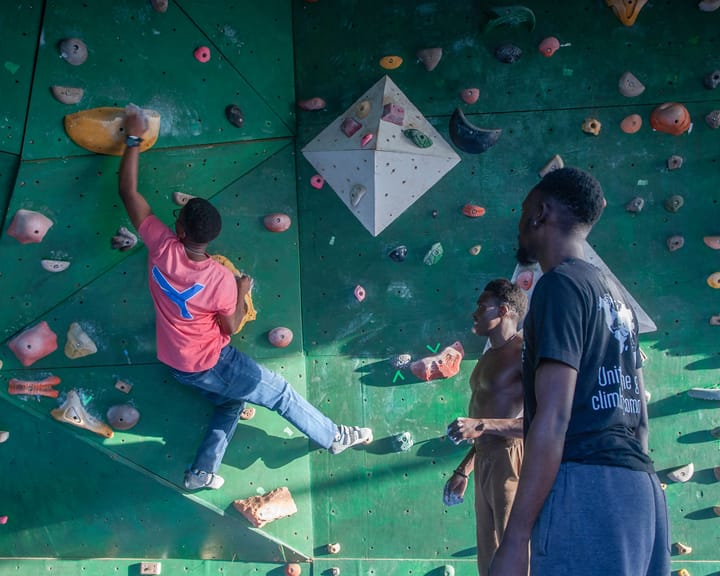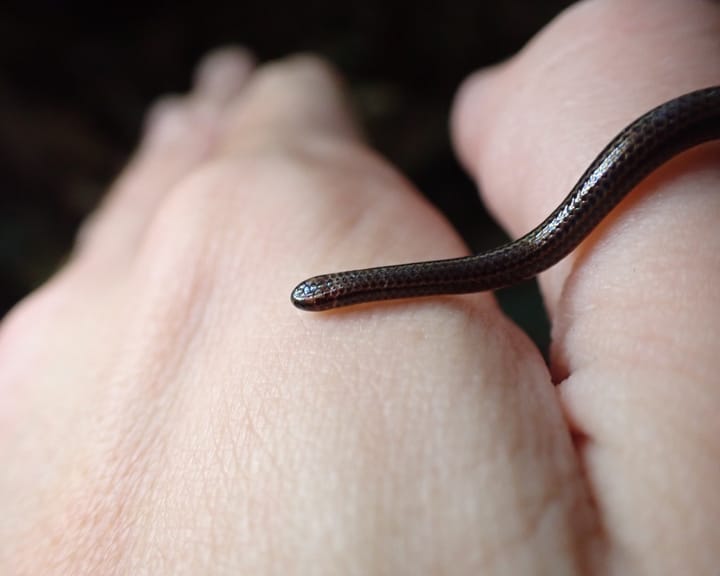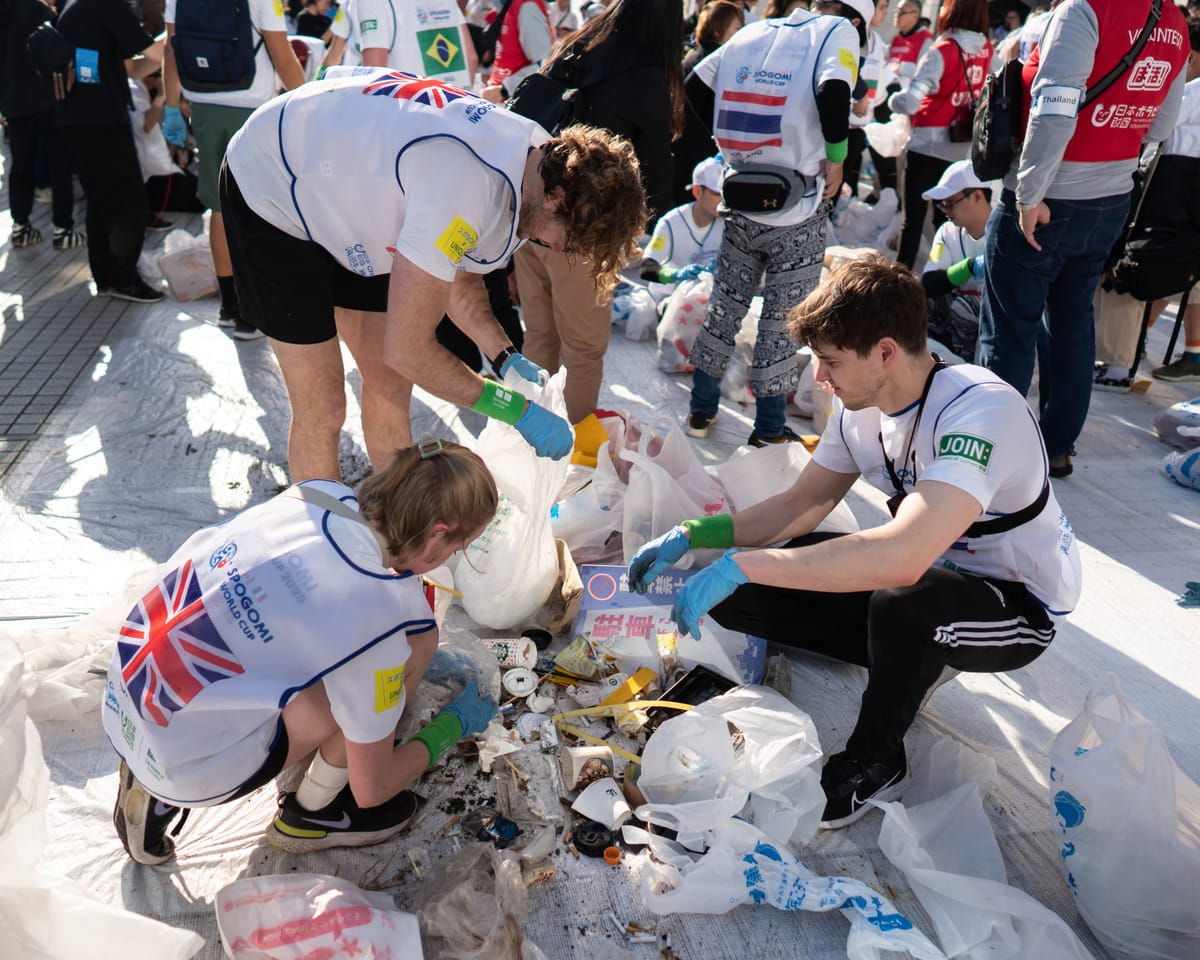Equipped with gloves, tongs, and trash bags, dozens of determined volunteers will gather at Hackney Marshes in east London this weekend.
The activity, known as Spogomi, originates from Japan, where it was developed in 2008 as a competitive way to encourage public space cleanup. It has since spread to schools and communities, turning litter collection into a game.
Sarah Parry, a 29-year-old doctor from Glasgow, was part of the team that won the last Spogomi World Championship in Tokyo in 2023. Her group outperformed the Japanese competitors by collecting 61lbs (28kg) more waste.
Teams have 45 minutes to gather as much litter as possible, followed by 20 minutes to sort it. Points are awarded based on the type of waste and how it can be recycled.
Parry, an avid marathon runner with 33 races under her belt, became interested in Spogomi after her brother spotted information about it. She quickly formed a team and signed up for the event.
“We weren’t regular litter collectors before—it was more about the challenge and excitement than anything else,” she said.
This Sunday, Parry will join the Hackney cleanup but won’t compete officially, as past winners are barred from consecutive victories. Instead, she aims to see how much trash she can collect.
Despite its seemingly simple nature, Spogomi is physically demanding.
“It’s surprisingly tough,” Parry said. “After running 33 marathons, the sorest my legs have ever been was after winning the Spogomi World Cup. You’re walking quickly while carrying oddly shaped, heavy items, using muscles you don’t normally engage. Plus, Tokyo was extremely hot—and we collected over 50kg of litter while navigating a crowded city.”
Parry described Spogomi as a unique sport. “It’s incredibly fun. You don’t usually get to compete in a busy area where bystanders have no idea why you’re so thrilled to find a glass bottle.”
More importantly, she said, it highlights a critical issue: the widespread problem of litter in the UK.
“The amount is staggering. Before, people barely noticed it, but once you do, it’s everywhere. Now I can’t stop seeing it.”
Though the sport began in Japan, Parry noted that the country has far less litter than the UK. “Japan is much cleaner because people there have a strong sense of community and respect for their surroundings—something we lack here.”
For that reason, she hopes Spogomi gains more traction in the UK, raising awareness and encouraging cleaner habits.
Read next

"Giant iceberg disintegrates four decades later: A rare survival story"
Gigantic Antarctic Iceberg Nears Disintegration After Nearly Four Decades
Nearly 40 years after separating from Antarctica, a massive iceberg—one of the oldest and largest ever recorded—is rapidly breaking apart in warmer waters and could vanish entirely in weeks.
Earlier this year, the iceberg, called A23a, weighed just under

"Malawi's pioneering climbers push limits and trust in self to scale new heights"
Emmanuel Jekete was attending secondary school in 2019 when his mother’s employer, a Canadian, invited him to try a climbing wall in his garden in Lilongwe, Malawi’s capital. Jekete initially found it simple to scale the plastic holds on the vertical wooden board. But when the wall extended

"Tiny snake species found in Barbados after two decades unseen"
World’s Smallest Snake Rediscovered in Barbados After 20 Years
The Barbados threadsnake, once feared extinct, has been found again under a rock in the island’s interior during an ecological survey conducted in March by the environment ministry and the conservation group Re:wild.
Measuring just 10cm when fully

